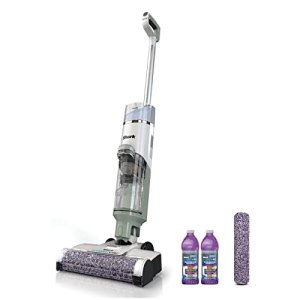In the firing line. Goop, the lifestyle brand founded by actress Gwyneth Paltrow, has caught flack for selling a potentially dangerous product to expectant mothers called The Mother Load.
Goop made headlines in the U.K. on Sunday, October 28, for being “reported to British regulators over 113 alleged breaches of U.K. advertising law,” according to the Sunday Times.
The brand’s Mother Load vitamin supplement packets — which are marketed toward pregnant women or those wanting to become pregnant — contain a high amount of vitamin A. Too much vitamin A during pregnancy can lead to birth defects and liver toxicity, according to Babycenter.com.
“When used as recommended, Goop’s The Mother Load supplements are safe during pregnancy,” a spokesperson for Goop told Us Weekly in a statement. “The Mother Load contains a very moderate 450 mcg (1500 IU) of vitamin A (preformed vitamin A as retinyl palmitate), which is less than the recommended daily intake of 600 mcg per day (per NHS).”
The statement continued: “The 4000 IU beta-carotene included in Mother Load is only converted in the body to vitamin A as needed, and there is no safety concern for eating this, as there would be no safety concern for eating a large number of carrots containing beta-carotene. The Mother Load package contains a warning that pregnant women should not consume more than 10,000 IU vitamin A daily due to risk of birth defects.”
The spokesperson noted that the “concern is that pregnant women not consume excessive vitamin A, a key tenet of good nutrition” adding, “moderation is the best policy.”
The Times reported on Sunday, October 28, that a charity called Good Thinking Society has accused Paltrow “of presiding over a company that issues ‘potentially dangerous’ advice related to ‘unproven’ health products.”
In documents obtained by the Times, the brand was “forced to pay a $145,000 fine to regulatory authorities in California last month because of unproven health claims.”
The product, however, isn’t recommended by the NHS or the World Health Organisation.
Professor Julia Newton-Bishop, a clinician scientist at the University of Leeds told the Times: “I find it absolutely extraordinary that anyone would contemplate selling these kinds of supplements to pregnant women.”
As for the fate of the product, it’s noted that the Food Standards Authority (FSA) “would contact the authorities in the US to find the UK distributors and then decide what to do.”



